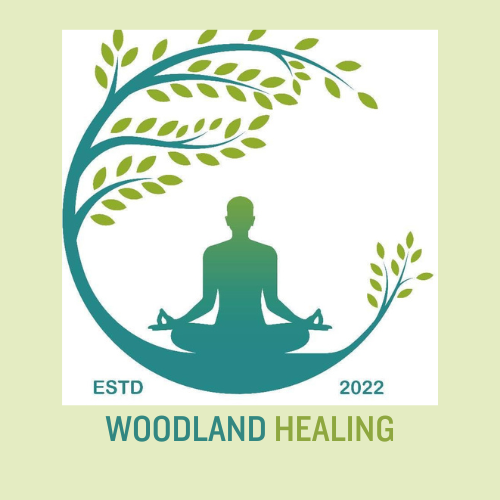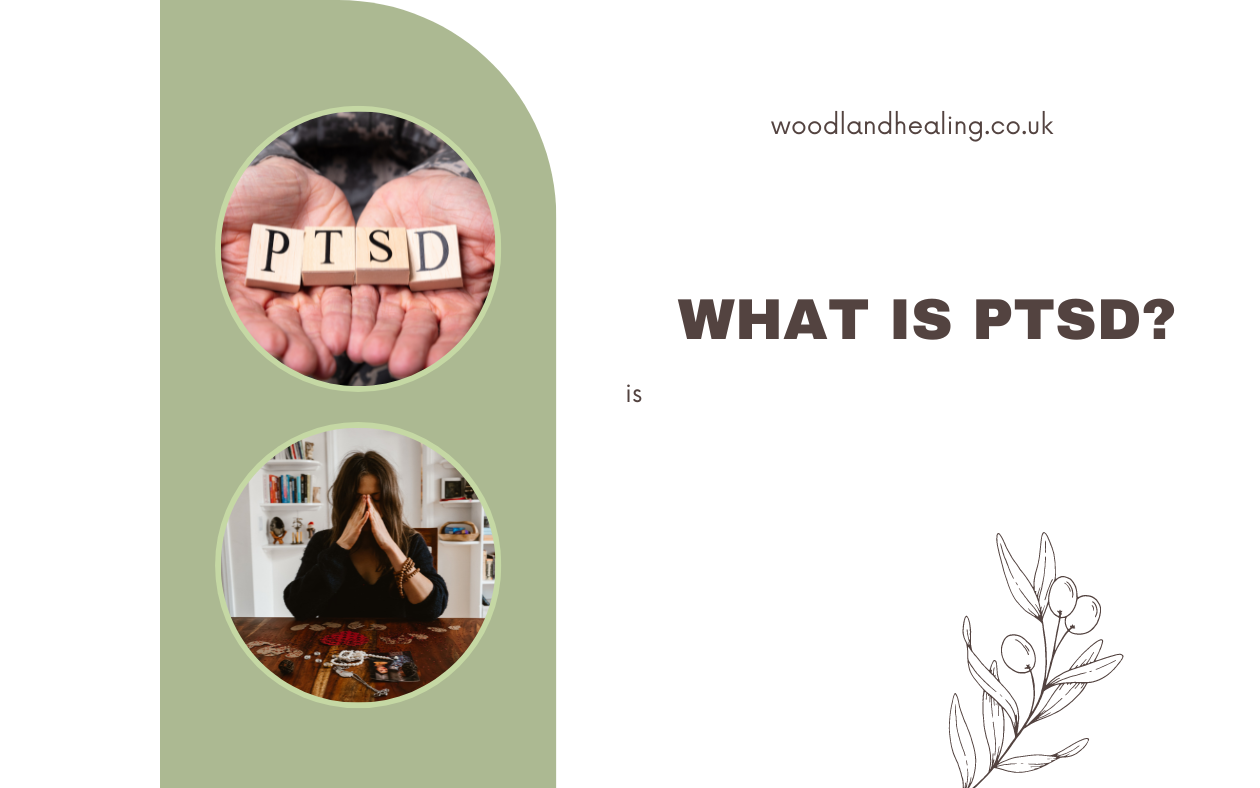PTSD is a term that's used frequently, but what do you truly know about it? Who can be affected by it and how it affects you?
PTSD is normally associated with people who have been to war, but we have all suffered from PTSD in our lives. The thing is trauma is it cannot be compared and measured to anyone else's experience. My level 10 in trauma may be a level 4 for you and you can manage it normal, whereas if something similar happened to me, it would crush me. The reason for this is down to how we have been prepared to react to trauma. I grew up in a house where if anything life-changing happened, I had a keep a level head and follow the rules, but if I couldn't find my keys it would be a complete melt-down and all hell would break loose - that's how I was conditioned to respond to trauma and honestly, it made my life very difficult. How I reacted towards people wasn't a direct result of them, but how my brain had locked in an automatic response to that trigger.
When we experience trauma we go through four possible reactions, FIGHT, FLIGHT, FREEZE or FAWN.
Fight - this is where the hero in us shines, we have control over our emotions and we can manage, we can run into danger and convince ourselves that we can make a difference.
Flight - is where fear takes over and we have not been mentally prepared for this situation so we run, we hide and we protect ourselves. We don't feel able to make a change or be of any help so we hide.
Freeze - this is where time slows down and everything around us is happening but we don't know what to do, how to help, how to act so we stop. Our thoughts are wiped clean as if we need someone to tell us what we should do next.
Fawn - this is where we have been conditioned to believe that trauma is acceptable. People with C-PTSD struggle with this, especially in the homes of mental and domestic violence.
There is absolutely no right or wrong way to deal and react to trauma and this is what makes the trauma even worse. We struggle with judging ourselves, questioning if we did enough, did we do too much? The scenes replay in our minds and we constantly re-live that fear. I'm here to tell you that this happens to EVERY. SINGLE. PERSON. ALIVE!
Trauma is a very personal thing - we all have different rules of measure with the way we cope and manage. It's a deeply personal experience, but it's an experience we've all had. If you've ever found yourself in that moment of the 4 F's, then you've suffered PTSD. If noises, smalls, sounds or anything returns you that initial feeling of fear then that's a trauma that needs to dealt with. Some of us don't even realise that we've experienced trauma because others have said "You've not been in a war, how do you have PTSD?" Valid point, but then again not everyone that fights in a war developed PTSD, whilst a mother that had a difficult pregnancy and birth will. Everyone's levels to cope and manage are different and we must stop comparing trauma to others and gaslighting ourselves into believing we could have been stronger.
Most people don't get help for their PTSD/C-PTSD because someone has made them feel as if their emotions and traumas are not as valid as others. Over time, the PTSD has developed into serious mental health issues and we don't even know why. Seriously, we actually cause more damage trying to convince ourselves to be stronger rather than dealing with the situation. This can lead to anxiety, disturbed sleep, aches and pains, migraines, IBS. The trauma is held within our muscles and continues to punish us.
Am I making sense? How many of you that are reading this are thinking....holy shit, she's right!!
What can you do to help? If it's for a single trauma and event in your life then PTSD Re-Wind is the most effective. This was caused by Dr. David Muss and it focuses on having control over re-living the experience. It can help with C-PTSD, however Hypnosis is usually the better therapy for that.
Continued traumas become a habit to us and we don't even recognise it. Some of use can't even remember the initial trauma but anything associated with that experience rules our thoughts and reactions. Using Hypnosis we can unlock memories and allow you more understanding as to why you react the way you do some things. Once we understand why we can start learning new methods to manage. You are able to ask questions you've never received answers for and this wonderful for closure.
Dealing with any kind of trauma is worrying, especially if you don't want to talk about the event or re-live it. This is where PTSD Re-Wind comes in as you don't talk in the session. I read out some instructions and you do it all inside your head. It sounds crazy but it's been shown to have positive results within a matter of days with recovery.
If you or anyone you know could benefit from these treatments then please don't hesitate to contact me at hello@woodlandhealing.co.uk or book your FREE Discovery call here.
Jo xx


